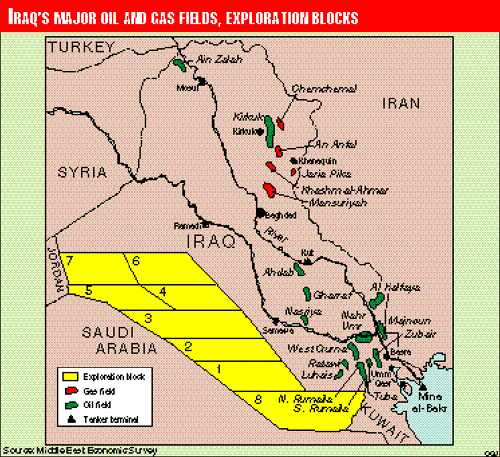Pursuant to the Kurdistan Regional Government Council of Ministers resolution No.73 (3 February 2016) establishing an independent review of the oil and gas industry, today new verified data on oil exports, consumption and revenues have been published covering the period from 1 July 2017 to 31 December 2017. This is a continuation from the first public report of the first half of 2017 published in January 2018.
The new, verified data and information pertaining to the Kurdistan region’s oil exports, consumption, and financial flows of the last six months of 2017 have been independently reviewed by the international “Big 4” audit and consulting firm, Deloitte.
The Regional Council for Oil and Gas Affairs underscores its commitment to transparency in the sector, as it firmly believes it is the right of the people of Kurdistan to be informed of accurate and independently verified production and revenue information. This independent review is only one part of the government’s transparency program.
The report similarly demonstrates the Kurdistan Regional Government’s commitment to its stakeholders in the oil and gas industry. In response to feedback received from stakeholders on Deloitte’s first review, the new report presents additional disclosures. This includes a breakdown of third-party payments; disaggregate monthly price realised during the period; and the recent arbitration settlement.
The Regional Council for Oil and Gas Affairs reiterates its commitment to the people of Kurdistan and stakeholders in the sector that the two international audit firms, Deloitte and Ernst & Young, will continue to independently review the oil and gas sector, inclusive of all the streams. To that end, we are anticipating the data for 1 January 2018 to 31 March 2018 to be publically available in August 2018.
- Deloitte’s report for the last six months of 2017 is accessible through this link(PDF), in Kurdish, Arabic and English.
- Frequently asked questions handbook (PDF) in Kurdish, Arabic and English to help readers better understand different sections of the report.
(Source: KRG)









